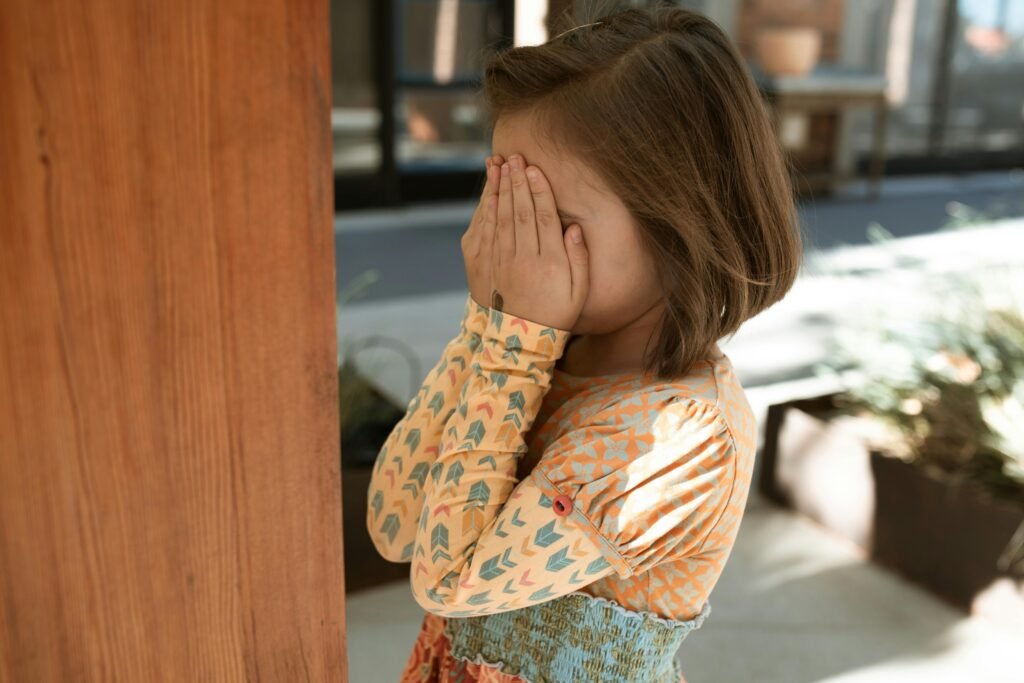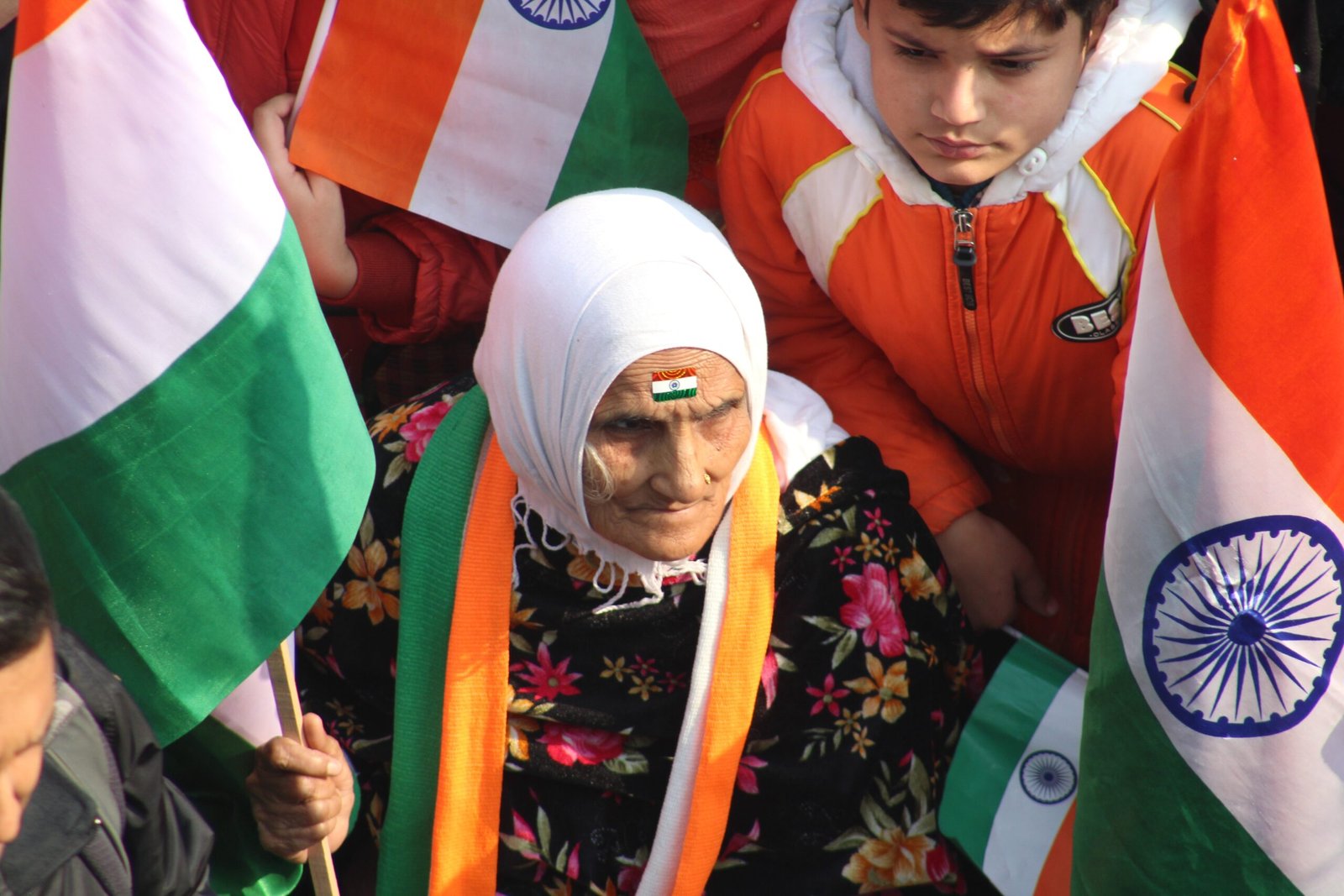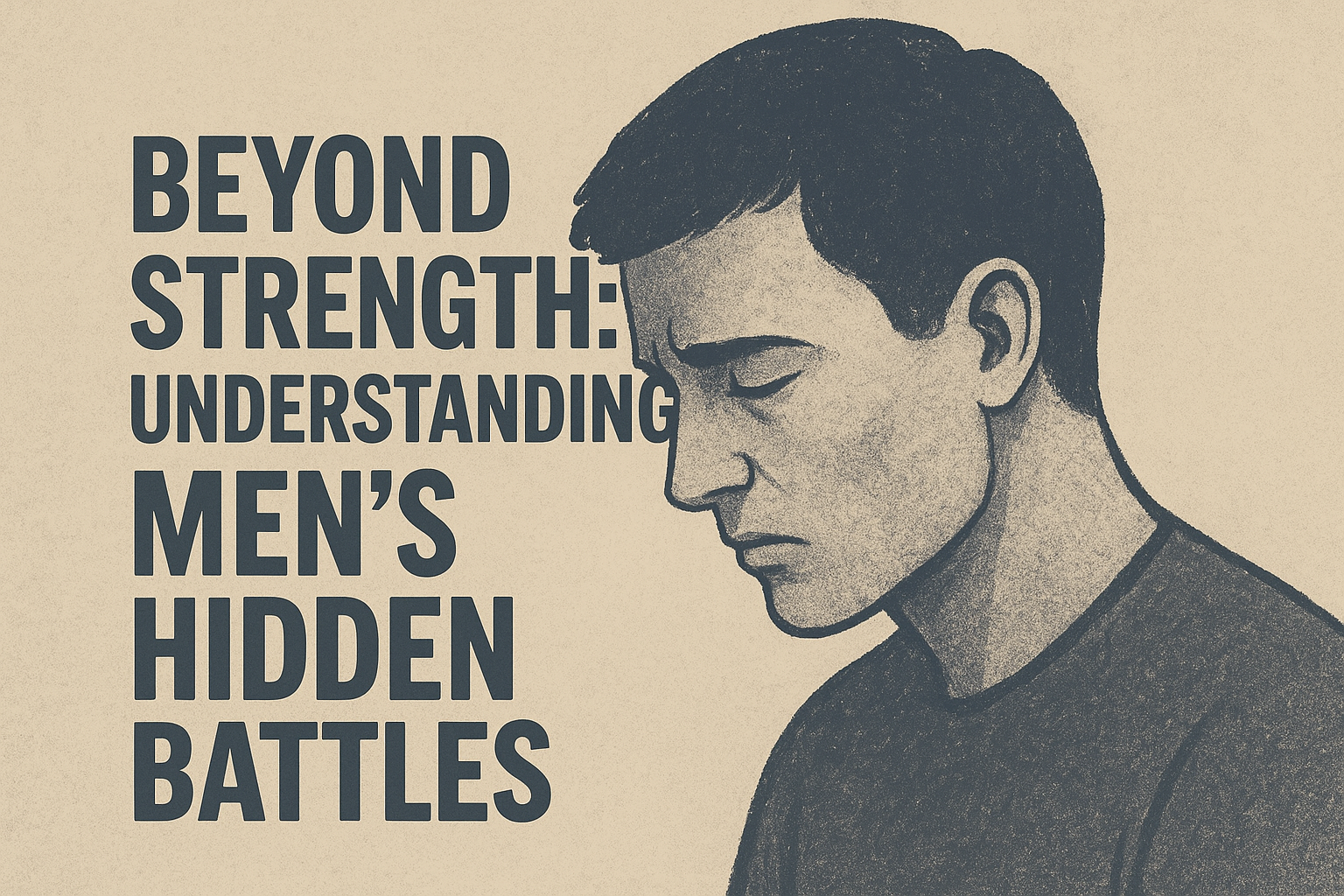Does art imitate life or vice versa? I’m not too sure. Arguments exist on both sides of the debate.
Take Manto, for example—his works reflect what he saw around him. Similarly, for far too long, stalking, glorified in cinema as love or wooing, has translated into crimes in society. It even led to a section in the IPC, particularly after the Priyadarshini Mattoo case.

We are all inspired and influenced by art—that has always been the case. And that’s fine. But what happens when such influence leads to imitation that disturbs others or sets a wrong precedent?
The “Cool” Factor
Many of us grew up watching “coming-of-age” movies, mostly Hollywood, now replicated in desi versions too. These stories often feature a “popular girl,” bossy and aggressive, surrounded by followers who act like her slaves. Soon, this group becomes “exclusive,” mistakenly assumed to be “cool.”
This dynamic quickly divides classrooms. Some children ignore it and move on. Others, smitten by the idea of popularity, try desperately to fit in—often at the cost of their dignity, even betraying old friends.

So, what exactly constitutes “cool”?
Is it the number of flings, boyfriends, or girlfriends? Speaking in a supposedly adult tone? Watching age-inappropriate content? Hanging out in “cool” places without parents, projecting independence? I don’t have the answers—only conjectures.
The Collateral Damage
We may dismiss all this as “rites of passage,” “teenage behavior,” or “part of growing up.” But what about the children sidelined, betrayed, or ridiculed by these so-called “cool kids”? Are they just collateral damage for a few who are “coming of age”?

The Role of Parenting
Much of this comes down to mindful parenting. And by that, I don’t mean using the cane or insisting only on good grades. I mean keeping a watchful eye, monitoring content, having open discussions on relationships, and teaching values like loyalty, integrity, and courage to stand up for what is right.
In an age where kids are bombarded with information, distracted by games, YouTubers, and brands, it is challenging to keep them rooted in integrity and focused on meaningful goals. But it is possible. It’s easier to blame the media than to shoulder responsibility ourselves.

So what really constitutes “right” parenting? To be honest, I don’t know. What I do know is this: instead of pouring all energy into grades and careers, why not nurture values like sincerity, ethics, empathy, and resilience? Why not raise children who care more about kindness than about being “cool”?
Back to the Beginning
Children are influenced by what they see and hear. Parenting must ensure they consume what is age-appropriate. That responsibility lies with us—not with media.
If children do watch teen movies or content that glorifies stereotypes or bullying (often criticized in the West as well), then it is our job to point out what is wrong with such portrayals.

It is NOT cool to dominate, mock, ridicule, or abandon friends for a relationship. It is NOT cool to act as informants to be accepted by a clique. The so-called “cool kids” are often insecure, struggling with low self-worth, and in real need of guidance or counseling.
As Rufus Wainwright wisely said: “Being uncool is the coolest you can be.” Yes—be your authentic self, even if it means standing alone. Parents must help children embrace this truth, so they grow into kind, empathetic adults. Because there’s no glory in walking over others.

By Anasuya Sreedhar
Anasuya Shreedhar is a writer with a keen interest in food, exploring its relationship with gender and caste. She had a PhD in Women’s and Gender Studies from Ambedkar University, Delhi and currently teaches Gender Studies to MA students at IGNOU.














